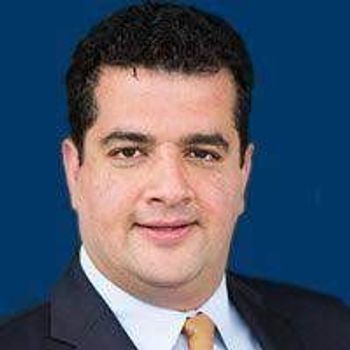
An indirect comparison study in relapsed/refractory chronic lymphocytic leukemia demonstrated survival benefits with zanubrutinib vs acalabrutinib.

Your AI-Trained Oncology Knowledge Connection!


An indirect comparison study in relapsed/refractory chronic lymphocytic leukemia demonstrated survival benefits with zanubrutinib vs acalabrutinib.

With acquired resistance patterns emerging for nearly every agent, hematologic experts are looking closely at sequencing patterns, but more work needs to be done in aggressive malignancies in which mutations associated with resistance may be present before therapy even begins.

When treating patients with mantle cell lymphoma, early identification and appropriate frontline therapy remains critical, and therapies may vary for those 65 years and older compared with patients under the age of 65, with several additional factors also having a role in approaching treatment options for a new patient in the clinic.

Kathryn Maples, PharmD, BCOP, discusses recent approvals, updated labeling, and drug removals across leukemia, lymphoma, and multiple myeloma.
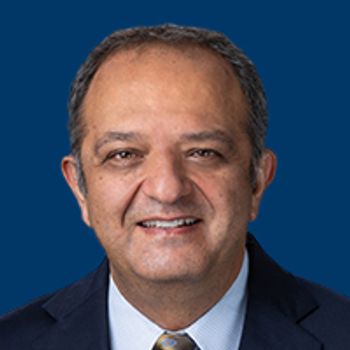
For patients with acute myeloid leukemia, advances in targeting minimal residual disease represents the next wave of advances in the field and is necessary to cure this disease.

Patients with chronic lymphocytic leukemia, including those with difficult-to-treat disease classes such as double refractory, are quickly gaining more effective treatment options.
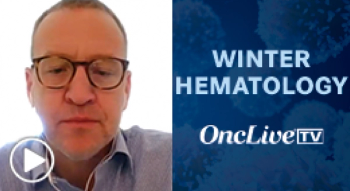
Craig Sauter, MD, discusses prominent questions surrounding new and emerging therapies in the treatment of patients with hematologic malignancies.
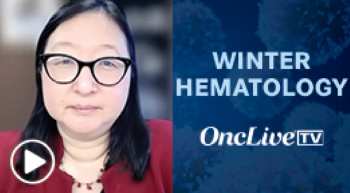
Eunice Wang, MD, discusses reasons why some older patients with acute myeloid leukemia may not be eligible to receive hypomethylating therapy and highlights ongoing investigations within this older patient population

Andrew Ip, MD, delivers a keynote on the role for liquid biopsy and NGS in hematologic malignancies, including the barriers to implementing seamlessly into clinical practice.
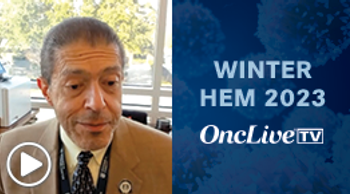
Jorge E. Cortes, MD, discusses important questions in acute lymphoblastic leukemia to address, such as improved understanding of the role of allogenic stem cell transplant and the use of tyrosine kinase inhibitor combinations.

Leveraging the advances made with liquid biopsies in pantumor assays and specific hematologic cancers has laid the groundwork for the shift in care by using single, or multifaceted approaches for identifying, predicting, and monitoring disease progression.

Targeted therapies, specifically those agents directed at mutated proteins and aberrant protein-to-protein interactions, have been shown to improve survival among patients with relapsed or refractory acute myeloid leukemia.

Although checkpoint inhibitors and bispecific antibodies have come to represent clinical oncology’s fourth leg of treatment—immunotherapy—there remains much to explore within lymphoma.
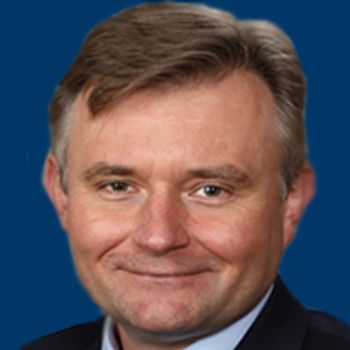
The emergence of novel agents, including CAR T-cell therapies and antibody-drug conjugates, plus existing options such as chemoimmunotherapy and bone-marrow transplant, have combined to raise questions about the sequencing of these treatments in patients with diffuse large B-cell lymphoma.
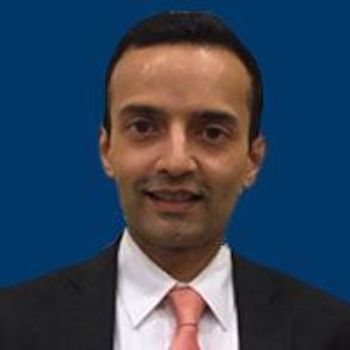
There is building evidence that novel combination therapies could be effective in treating early relapsed multiple myeloma.

Genomic sequencing is a critical step in informing the prognosis of patients with acute lymphoblastic leukemia and more information regarding specific subgroups of ALL, such as lineage ambiguous ALL, could pave the way for more personalized therapies for patients.

Although it is too soon to tell whether the addition of a CD20-directed antibody to novel agents in relapsed/refractory follicular lymphoma should become standard practice, it is clear that immunotherapy could represent the next paradigm shift.
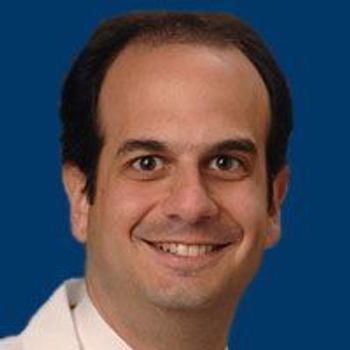
With an increased understanding of disease biology, several approaches are under examination to optimize the management of patients with graft-versus-host disease.
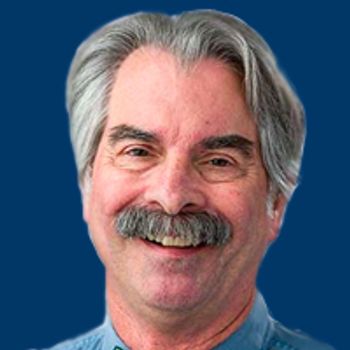
Minimal residual disease has helped to predict relapse in numerous leukemia subtypes, with novel testing methods helping to identify the biomarker at a higher sensitivity than ever before.
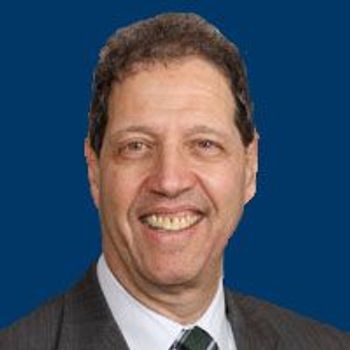
The treatment landscape of Waldenström macroglobulinemia is becoming increasingly complex with second-generation BTK inhibitors; however, the combination of bendamustine and rituximab remains the frontline standard of care for this patient population.

Immune therapy has evolved rapidly in multiple myeloma, and the field is on the verge of major improvements in outcomes.
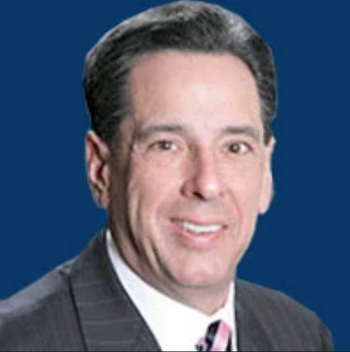
Although scientific advances in hematology and oncology have been extraordinary, the US health care system faces significant challenges in ensuring that patients receive high-quality, cost-effective care.

Several options have emerged for patients with acute myeloid leukemia who are not candidates to receive chemotherapy, with venetoclax-based regimens chief among them.

Targeted therapies have helped to improve responses in patients with relapsed chronic lymphocytic leukemia regardless of high-risk disease, although optimal sequencing and toxicity management need to be further explored to strengthen the utilization of these options.

Natural killer cells can offer several advantages over T cells for CAR therapy in that the former uses both a CAR dependent and independent mechanism for tumor eradication, has better safety, and off-the-shelf feasibility—all at a potentially lower cost.
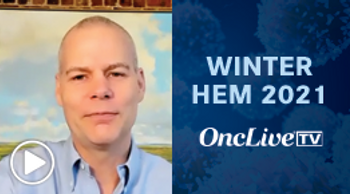
Peter Martin, MD, discusses potential drug-drug interactions with BTK inhibitors in relapsed/refractory mantle cell lymphoma.

Rituximab plus CHOP is not a suitable frontline treatment regimen for all patients with diffuse large B-cell lymphoma, explained Andre H. Goy, MD, who specified that patients with a high-risk International Prognostic Index, elderly patients, and patients with high-risk molecular subtypes require alternative treatment.

CD19-targeted CAR T-cell therapies have yielded durable remissions in approximately half of all patients with aggressive relapsed/refractory B-cell lymphomas.

Treatment with chimeric antigen receptor T cells has induced unprecedented overall response rates and complete response rates in patients with relapsed/refractory B cell malignancies.

Since the publication of the pivotal ELIANA trial in pediatric patients with acute lymphoblastic leukemia, the field of CAR T-cell therapy has grown significantly and left providers better equipped to understand and manage treatment-related adverse effects, such as cytokine release syndrome.